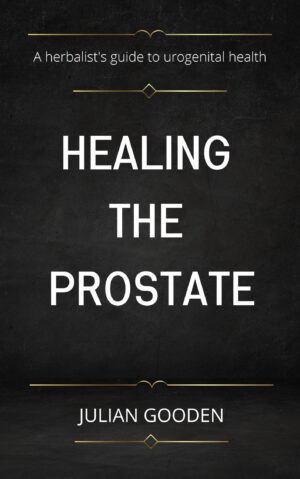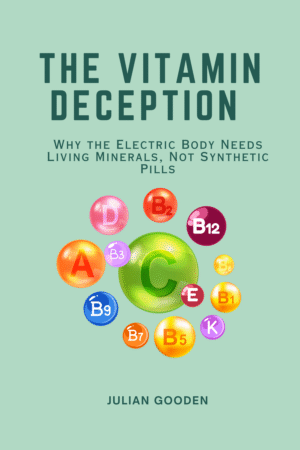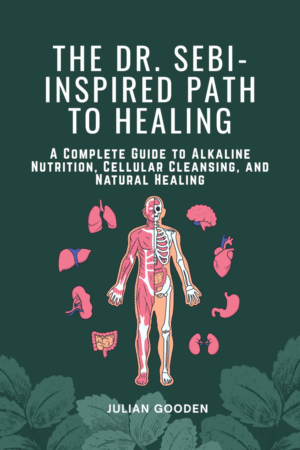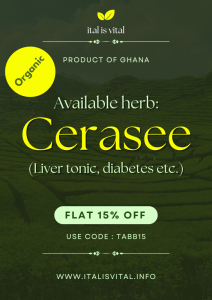Dr. Sebi’s teachings emphasize the connection between diet, mucus production, and overall health. He proposed that many diseases stem from an overproduction of mucus in the body, which often results from consuming acidic foods. Let’s dive into how this works:
The Role of Mucus in the Body
Mucus is a natural substance that serves as a protective barrier in areas like the respiratory tract, stomach lining, and intestines. It helps trap microbes, dust, and toxins, preventing them from entering the bloodstream. However, excess mucus becomes problematic when it accumulates in tissues and organs, disrupting normal functions.
How an Acidic Diet Leads to Mucus Buildup
An acidic diet is one that predominantly consists of:
- Processed Foods: Packaged snacks, refined sugars, and artificial additives.
- Animal Products: Meat, fish, dairy, and eggs.
- Starchy or Hybrid Foods: White bread, potatoes, and genetically modified produce.
- Caffeinated and Sugary Beverages: Coffee, sodas, and energy drinks.
When consumed regularly, these foods:
- Disrupt the Body’s pH Balance: The body functions optimally at a slightly alkaline pH (around 7.35–7.45). Acidic foods lower this balance, forcing the body to work harder to neutralize the acid.
- Stimulate Excess Mucus Production: As a defense mechanism, the body produces mucus to coat and protect tissues from the irritation caused by acidic substances.
- Cause Inflammation: The acidic environment creates conditions for inflammation, which can worsen mucus buildup in sensitive areas like the lungs, sinuses, and gastrointestinal tract.
Common Conditions Linked to Excess Mucus
Excess mucus can manifest in various ways, depending on where it accumulates:
- Respiratory Issues: Conditions like asthma, bronchitis, and chronic coughs are often associated with mucus buildup in the airways.
- Sinus Problems: Frequent sinus infections, nasal congestion, and post-nasal drip can result from excess mucus in the sinuses.
- Digestive Disorders: An overproduction of mucus in the digestive tract may contribute to irritable bowel syndrome (IBS), acid reflux, or bloating.
- Skin Issues: Acne and other skin conditions may stem from internal imbalances caused by an overly acidic system.
- Chronic Diseases: Dr. Sebi linked mucus accumulation to more severe conditions such as diabetes, arthritis, and even cancer.
How an Alkaline Diet Counters Mucus Buildup
An alkaline diet is rich in natural, plant-based foods that help restore the body’s pH balance. Key components include:
- Fresh Fruits and Vegetables: Particularly leafy greens, avocados, cucumbers, and berries.
- Herbs and Spices: Basil, thyme, ginger, and other Dr. Sebi approved natural anti-inflammatory agents.
- Electric Foods: Foods high in bioavailable nutrients, such as sea moss, burdock root, and bladderwrack. Also foods like Mushrooms.
- Natural Water: Spring water or thermal water (which has a balanced mineral content) helps flush out toxins.
Benefits of an Alkaline Diet:
- Neutralizes Acidity: These foods promote an alkaline internal environment, reducing the need for mucus production as a protective measure.
- Reduces Inflammation: Many alkaline foods have anti-inflammatory properties, helping the body recover from irritation caused by acidic diets.
- Supports Cellular Health: Alkaline foods provide essential minerals like potassium, magnesium, and calcium that strengthen cellular function.
Practical Steps to Transition
- Gradually replace acidic foods with alkaline alternatives. For example, swap dairy milk with walnut milk or choose quinoa and fonio over white rice.
- Incorporate alkaline herbs into daily routines through teas or powders (grounded herbs).
- Limit processed and fried foods while increasing raw food intake.
- Drink plenty of water to assist in flushing mucus and toxins from the body.
By adopting an alkaline diet, you support the body in maintaining balance, reducing excess mucus, and preventing the conditions associated with it. This dietary shift aligns with Dr. Sebi’s techings of nurturing the body with natural, nutrient-rich foods to promote optimal health and longevity.
References
Julie Beckford – Dr. Sebi’s African Biomineral Balance
Julian Gooden – Dr Sebi Approved Herbs, Volume 1














